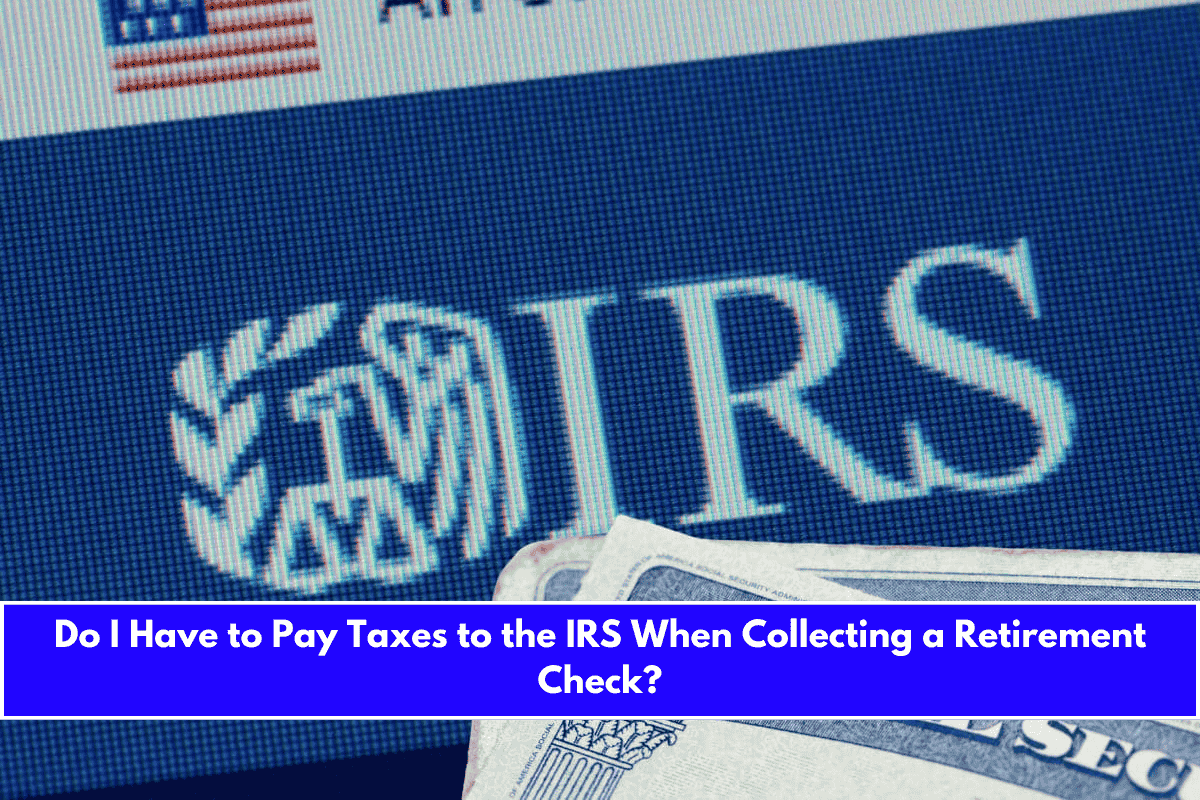Social Security benefits are a major source of income for millions of Americans, especially after retirement. But many people don’t realise that these monthly payments can sometimes be taxed by the Internal Revenue Service (IRS). Understanding how and when this happens is important so you don’t face unexpected tax bills later.
In this guide, we’ll explain how Social Security benefits are taxed, when you need to pay, and how to avoid trouble with the IRS. If you’re collecting benefits—or plan to in the future—this information can help you stay prepared.
Are Social Security Benefits Always Tax-Free?
No, Social Security payments are not always tax-free. Whether you need to pay tax on your benefits depends on your total yearly income. The IRS looks at your modified adjusted gross income (MAGI) to decide if you should pay tax.
This includes:
- Your Social Security income
- Other income (like wages, pensions, rental income, dividends, etc.)
Based on your total income, a part of your Social Security benefits might be taxed.
When Do You Pay Taxes on Social Security Benefits?
Here are the basic IRS income thresholds to know:
If You File as a Single Person:
- If your total income is below $25,000, you don’t pay tax on your benefits.
- If your income is between $25,000 and $34,000, you may be taxed on up to 50% of your benefits.
- If your income is over $34,000, you may be taxed on up to 85% of your benefits.
If You’re Married and File Jointly:
- If your combined income is below $32,000, your benefits are tax-free.
- If it’s between $32,000 and $44,000, up to 50% of your benefits may be taxed.
- If it’s over $44,000, then up to 85% of your benefits could be taxable.
It’s important to note that not 85% of your total income, but 85% of your Social Security benefits may be taxed in the worst case.
How to Avoid Surprises at Tax Time
Many retirees get caught off guard during tax season because they weren’t expecting to pay tax on their Social Security income. Here are some simple steps to avoid that:
1. Keep Track of All Income
If you start earning more money—like from a part-time job, investments, or rental property—your total income goes up. That could push you above the IRS thresholds and make part of your Social Security taxable.
2. Adjust Withholdings
You can ask Social Security to withhold federal taxes from your monthly checks. This way, you avoid a large tax bill at the end of the year.
3. Speak to a Tax Professional
If you’re unsure how your income affects your taxes, consider getting advice from a tax expert. They can help you plan ahead and avoid any IRS issues.
4. Review Your Tax Plan Every Year
Your financial situation can change. That’s why it’s a good idea to review your tax return every year and adjust your plan if needed.











Leave a Reply